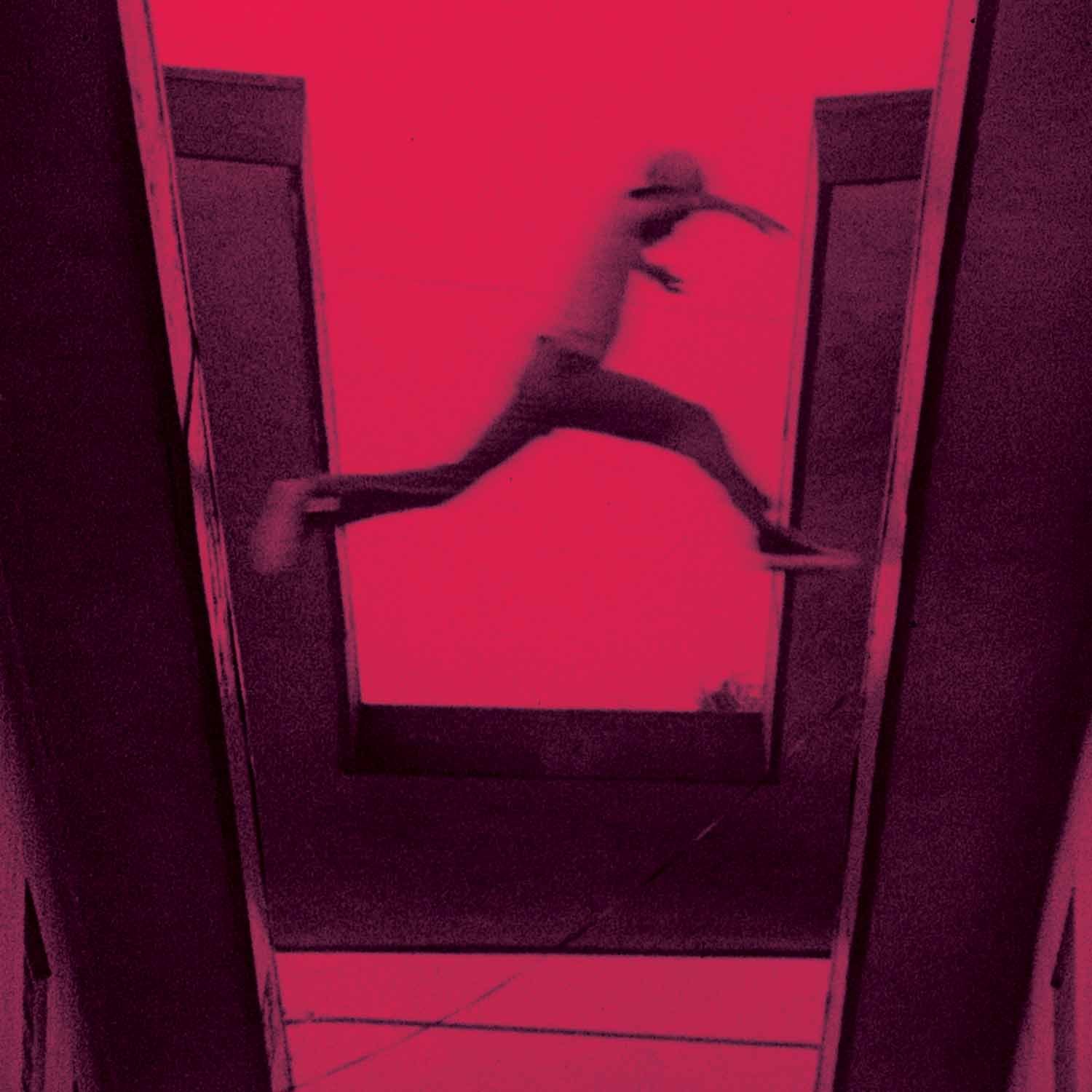
They are nearly the same length, though Mos wins that battle by about five minutes. The Ecstatic and Born Like This share several common qualities. And no, that’s not a reference to the video of him spitting the masked villain’s best verses. At first, it’s jarring to hear him do what amounts to his best DOOM impression. But, to be fair, it took a few listens to come to that conclusion. No’s Oxperiment? And you did it while displaying some fiery breath control? Oh man, Mos, you better not let me down with this rest of this album. Def, you chose to start your latest album spitting over one of my favorite Oh No beats from Dr. But if you’re ready, then let’s get into this. So if you’re not prepared for progressive, forward-thinking hip-hop, hit the stop button and throw on Black Star or something. Whether you love or hate those records, they were clearly departures from what made the Brooklyn emcee burst onto the scene. If you need evidence, just look at The New Danger and True Magic. Hell, if you’ve kept up with his career, you knew that already. Now, you need to remember or realize that with this record, Mos is not creating a sequel to his classic debut Black on Both Sides. Thus, it’s important to know that when diving into The Ecstatic, you need to first take a deep breath. Remember, these were many of the same listeners who either loved or chose to ignore the rap-blues-rock hybrid The New Danger. As a result, some fair-weather fans were able to let the whole debacle slide. Rumors were then spread that the album was simply a means of getting out of his contract with Geffen. A lackluster release with only a handful of tracks worth listening to, it had many of his loyal fans crying afoul.

In late 2006, he dropped the nearly fatally dull True Magic. Pretty Flaco, Dante, the Boogie Man, and so on. They’d got the measure of each other by the time they recorded “You Can’t Hold The Torch,” Busta skilfully riding the track, while Dilla has the confidence to keep going at his own pace, bringing the best out of both parties.His acting roles aside, it’s been about two-and-a-half years since we last heard from the Mighty Mos Def, a.k.a. On the face of it, Busta’s staccato flow might not be the obvious match for J Dilla’s laidback beats, but the two go back to Busta’s 1996 debut. Busta Rhymes: You Can’t Hold The Torch (from The Big Bang, 2006) The bric-a-brac of clipped strings and looped backing vocals are deftly stitched together: a triumph of Dilla’s attention to detail. Though Dilla’s posthumous discography is fast catching up on the material he released during his lifetime, latter-day productions such as “History,” tucked away towards the end of Mos Def’s last album (to date), assuage any fears of barrel-scraping. Mos Def (featuring Talib Kweli): History (2009, The Ecstatic) It’s fitting that both Common and D’Angelo appear on the track: both artists inspired the producer to provide high points in his career, and here they put in trademark performances that more than do justice to the retro-futurist soul of J Dilla’s beat. Originally recorded for a special edition of Common’s 2005 outing, Be, “So Far To Go” first surfaced on Dilla’s first posthumous album, The Shining. Indeed, as recently as 2014, long-term Dilla cohorts De La Soul released their Smell The DAISY mixtape, featuring unheard beats put together by the late production mastermind.Ĭlick to load video J Dilla (featuring Common and D’Angelo): So Far To Go (from The Shining, 2007) His downtempo, soulful style was not only the perfect bedding for these “conscious” hip-hop artists, but also for D’Angelo’s sultry come-ons.ĭilla left an overwhelming amount of material behind, fuelling seemingly endless posthumous releases while ensuring that his collaborators could continue to honor the man long after his death.

Mind-bendingly versatile, he left his fingerprints on high-water marks by everyone from Native Tongues icons De La Soul and A Tribe Called Quest, to The Roots, Common, and Erykah Badu. Just 32 when he died, from a rare blood disease known as thrombotic thrombocytopenic purpura, Dilla had been the unsung hero of hip-hop production ever since he began racking up credits in 1993. His death, on February 10, 2006, robbed the world of a talent it was only just beginning to comprehend. J Dilla is responsible for some of the best beats to ever come out of hip-hop.


 0 kommentar(er)
0 kommentar(er)
